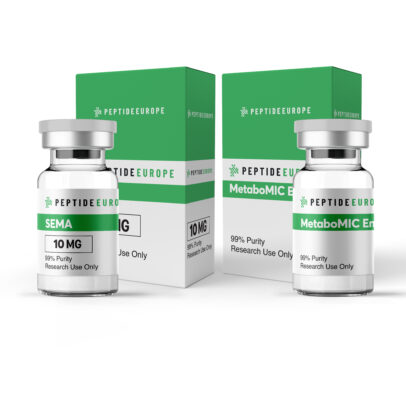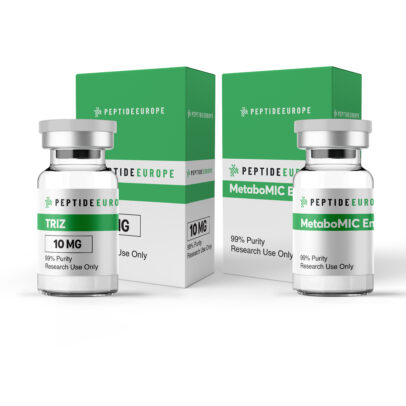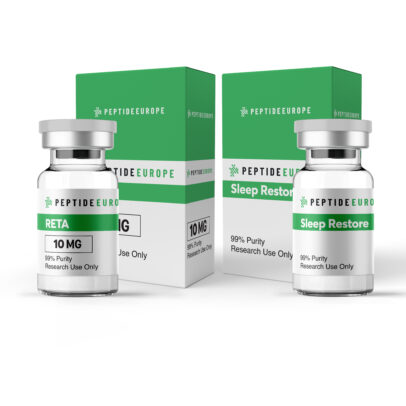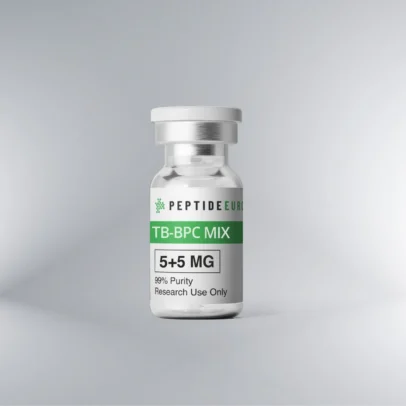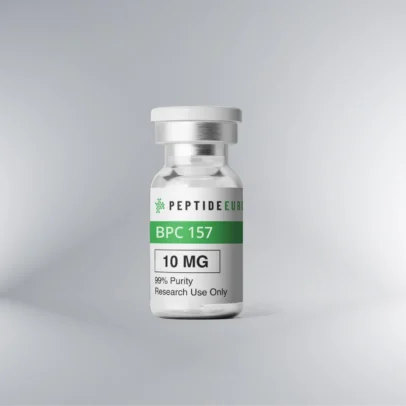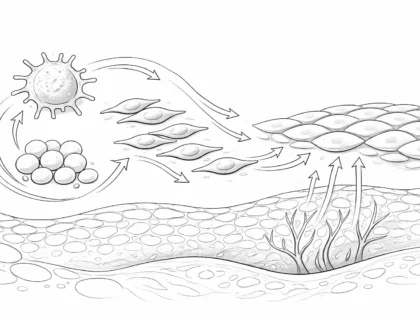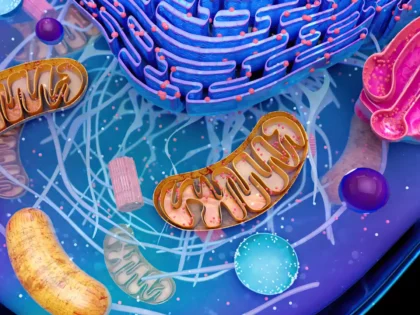Pilates: Unlock Strength, Flexibility, and Well-Being with This Timeless Workout
-
PepEurope
- Posted on
- 0 comments

Discover the benefits of Pilates for body and mind and learn how peptides support recovery, flexibility and overall physical performance.
If you’re looking for a low-impact yet highly effective exercise that strengthens your core, improves flexibility, and promotes body awareness, Pilates may be the missing piece to your fitness puzzle. This nearly 100-year-old form of exercise continues to thrive—not just for its physical benefits, but also for the way it connects the body and mind.
Let's take a look at what Pilates is, how it works, what equipment it has, what benefits it offers, and how peptides can support your journey to fitness with Pilates.
What is Pilates?
Pilates is a form of exercise and body training developed by Joseph Pilates in the early 20th century. Initially used as a rehabilitation method for dancers, Pilates has developed into a widely practiced form of activity for people of all ages, fitness levels, and health conditions.
It focuses on controlled movements, core engagement, and breathing, promoting a balanced, upright body and a calmer mind. Unlike workouts that focus on building muscle mass, Pilates lengthens and firms muscles—giving a strong, lean appearance.
Sema Beauty & Slim (weight control / healthy skin)
Sema Metabolic Boost (Appetite / Metabolism / Energy)
Metabolic Boost Duo (Appetite Suppression / Energy / Metabolism)
Sleep and Slim Pack (weight control / sleep regeneration)
How does Pilates work?
Pilates is all about precision, control and deliberate movement. Instead of repetitive repetitions and heavy weights, it uses slow, deliberate movements that engage the deep muscles of the abdomen, back, hips and thighs – known as the “core” or “powerhouse”.
Through these targeted movements and controlled breathing, Pilates improves muscle balance, posture, and coordination while reducing stress and tension. Whether you use equipment or do the exercises on a mat at home, the principles are the same: conscious movement and mindful breathing.
Pilates Equipment
Pilates can be practiced using simple tools or specialist equipment. The most popular options are:
- Mat: A thick mat similar to a yoga mat, ideal for beginners and for practicing at home.
- Reformer: A bed-like frame with a sliding carriage, springs, and pulleys. Adds resistance to exercises and helps improve body alignment and flexibility.
- Magic Circle (Resistance Ring): A flexible ring used to increase muscle engagement during exercise.
- Foam roller and resistance bands: Often used in Mat Pilates for support or added resistance.
Even without equipment, Pilates can produce amazing results—it's all about technique.
Benefits of Pilates
The benefits of Pilates go far beyond just toning the body. Here's what regular practice can do:
- Core Strength: Strong abdominal and back muscles for better stability and movement.
- Correct posture: Improved posture, especially for people who sit a lot.
- Injury prevention: Better muscle balance reduces the risk of injury.
- Joint mobility: Low impact exercises with no strain on your joints.
- Strength and stability: An excellent base for other forms of training, e.g. weightlifting or cycling.
Sema Beauty & Slim (weight control / healthy skin)
Sema Metabolic Boost (Appetite / Metabolism / Energy)
Metabolic Boost Duo (Appetite Suppression / Energy / Metabolism)
Sleep and Slim Pack (weight control / sleep regeneration)
Body awareness
One of the greatest benefits of Pilates is its ability to increase body awareness. Every movement in Pilates is done with intention—you’re not just “doing” the exercises, you’re feeling them. Over time, this helps you notice muscle imbalances, points of tension, and postural habits.
This self-awareness translates into everyday life, helping you move more efficiently, reduce pain, and avoid injuries.
Peptides: Pilates' Fitness Companion
While Pilates builds a foundation of strength, flexibility and balance, peptides can act as a powerful support, enhancing results and speeding up recovery.
What are peptides?
Peptides are short chains of amino acids that support a variety of biological functions — including muscle recovery, fat burning, collagen production and anti-aging.
Here's how peptides can support your Pilates practice:
- Better regeneration: Some peptides, such as BPC-157, accelerate the regeneration of muscles and joints after training.
- Improving muscle tone: Growth hormone stimulating peptides support the development of lean muscle mass without the “bulk” effect.
- Better sleep and energy: Some peptides improve the quality of sleep, giving your body time to recover and prepare for subsequent workouts.
- Fat burning: Peptides can support metabolism and aid in the reduction of body fat – a perfect match for the shaping effects of Pilates.
When used correctly (and under the supervision of a professional), peptides can significantly enhance your training efforts and make your Pilates practice even more effective.
TB BPC MIX
BPC 157 – 10MG
BPC 157 – 5MG
5 x TIRZ 5mg PACK (GLP-1 + GIP)
Pain relief
Pilates is known to relieve chronic pain, especially in the lower back, neck, and joints. By strengthening the core and promoting proper body alignment, it addresses the causes of pain rather than just relieving symptoms.
Research and experience show that regular Pilates practice reduces back pain and improves functional mobility – making everyday activities easier.
Flexibility
Pilates combines deep stretching with dynamic movement to increase flexibility over time. Increased flexibility helps prevent injuries, supports better posture, and makes everyday movements easier—from tying your shoes to reaching high.
It’s also a huge benefit as you age, helping you maintain mobility and range of motion throughout your life.
TB BPC MIX
BPC 157 – 10MG
BPC 157 – 5MG
5 x TIRZ 5mg PACK (GLP-1 + GIP)
Mental health and well-being
Like yoga or tai chi, Pilates offers mental and emotional relief. Through deep breathing and conscious movement, it promotes relaxation, reduces stress and helps you stay in the here and now.
This makes it a powerful tool in the fight against anxiety, depression, and burnout—especially when paired with meditation or journaling.
An added benefit is feeling stronger, more mobile, and less tense – further boosting your mental health and self-confidence.
Conclusions
Pilates is more than just a trendy form of exercise—it’s a holistic exercise system with lasting benefits. Whether you’re recovering from an injury, wanting to improve your posture, or simply want to feel stronger and more flexible, Pilates can help.
When combined with peptides, your recovery, strength and overall performance can reach new heights. By supporting muscle growth, reducing inflammation and improving performance, peptides perfectly complement the holistic effects of Pilates.
So if you’re just starting out or looking to optimise your routine, Pilates – with the right approach and support – can lead you to a healthier, more balanced life.
Ready to try Pilates?
Consult your doctor, find a qualified instructor, and start slowly. Your body and mind will thank you.






